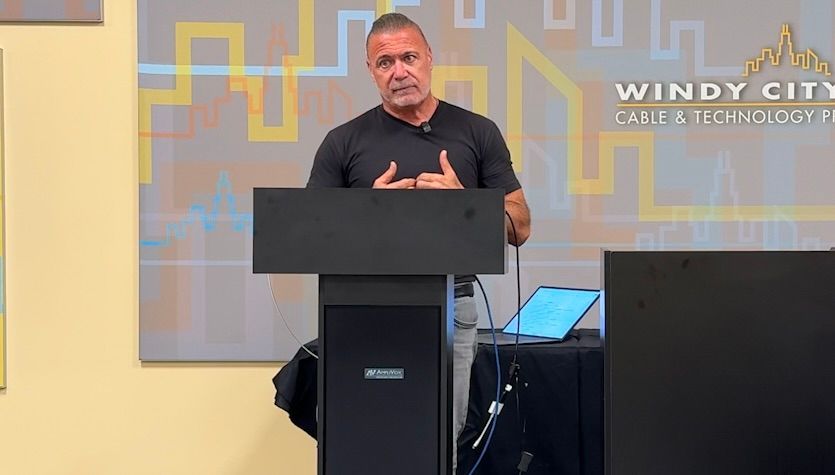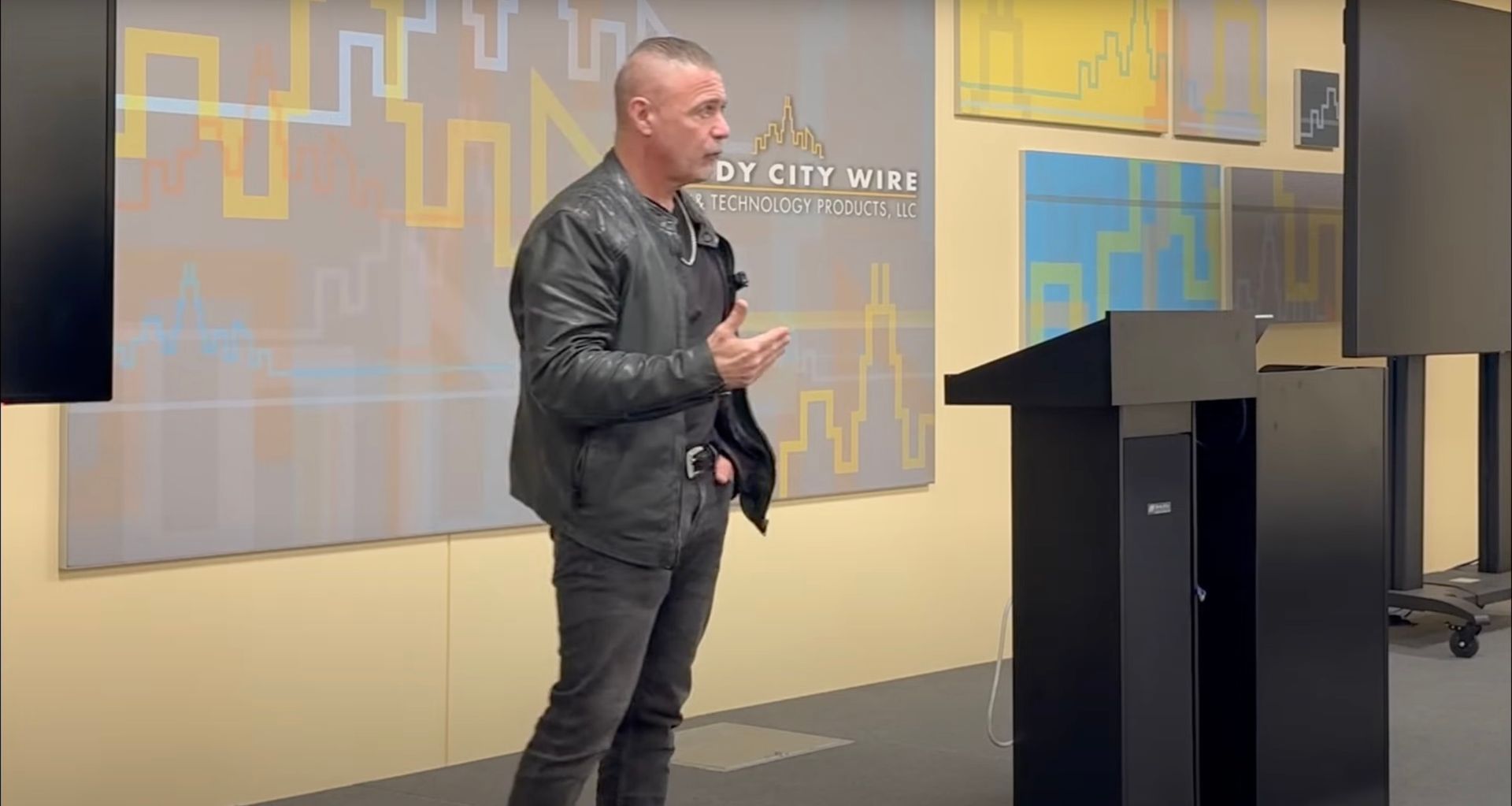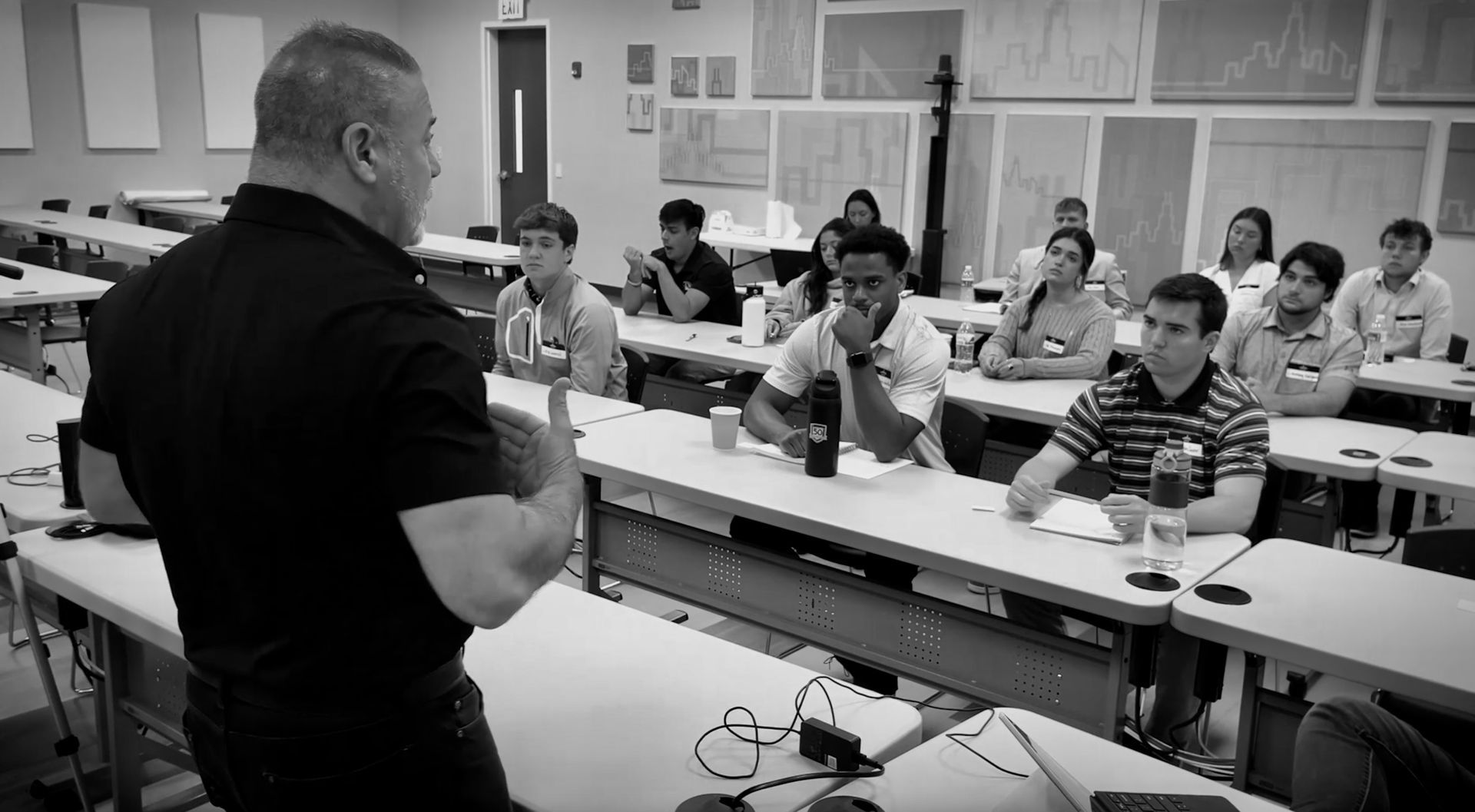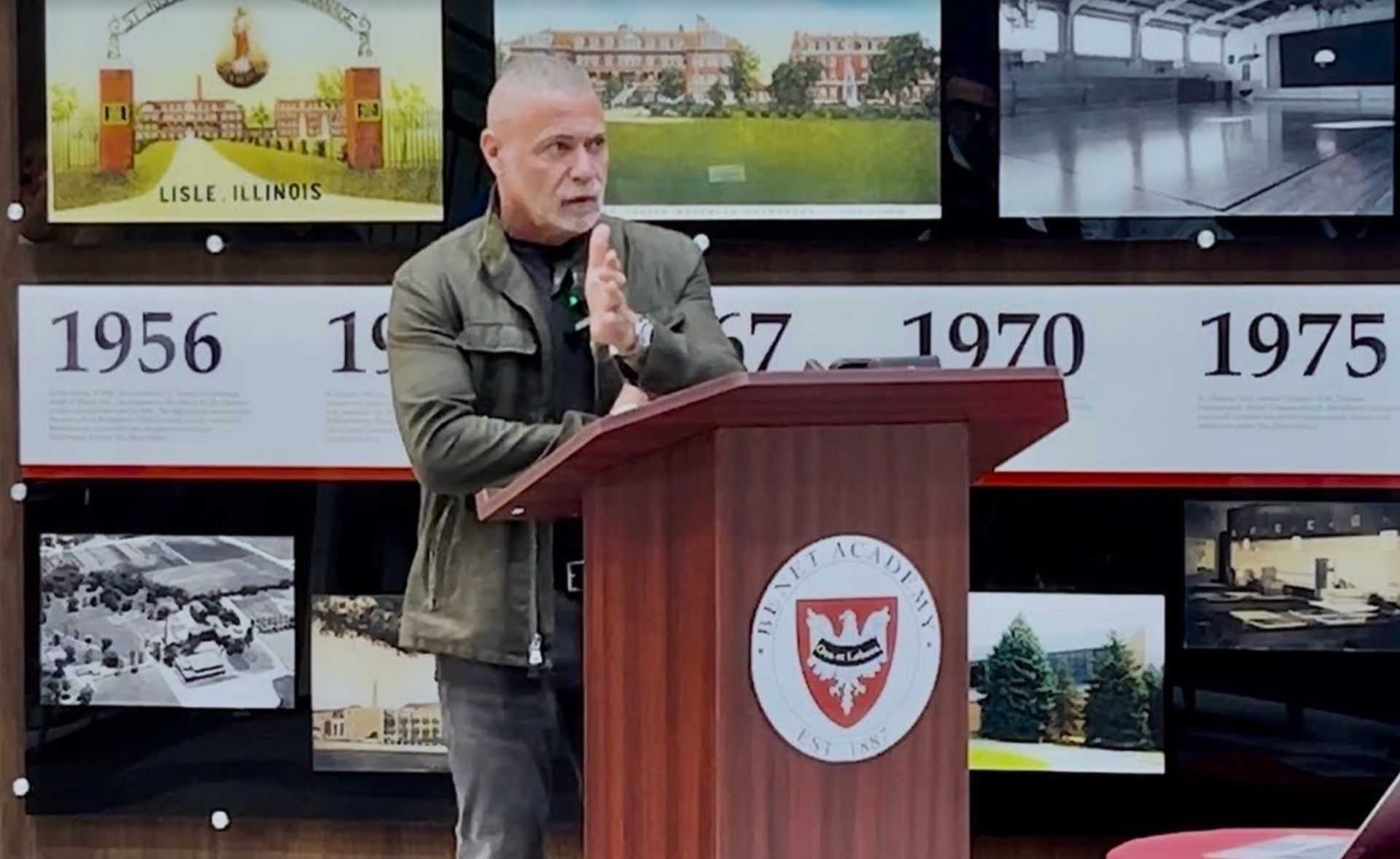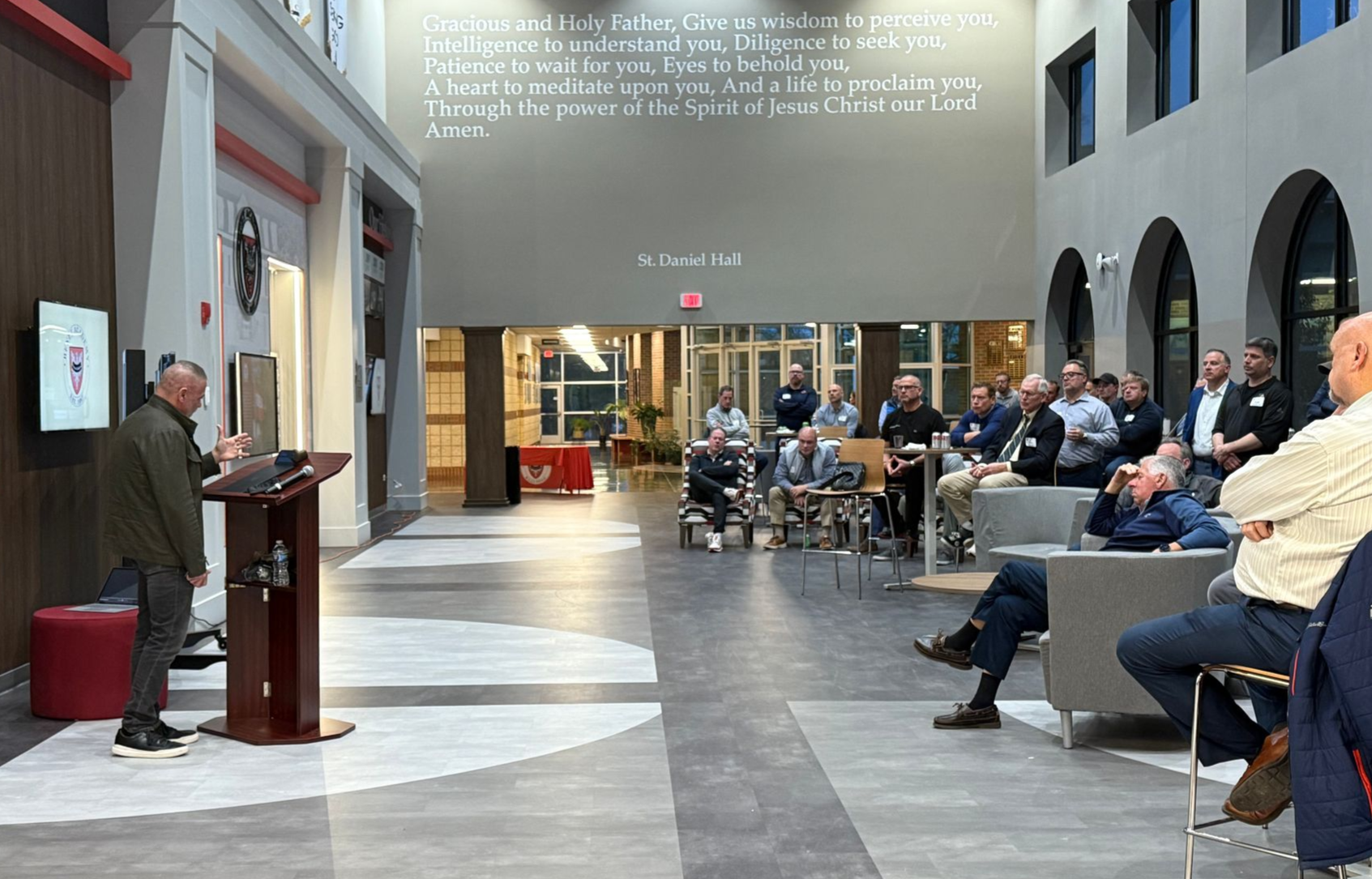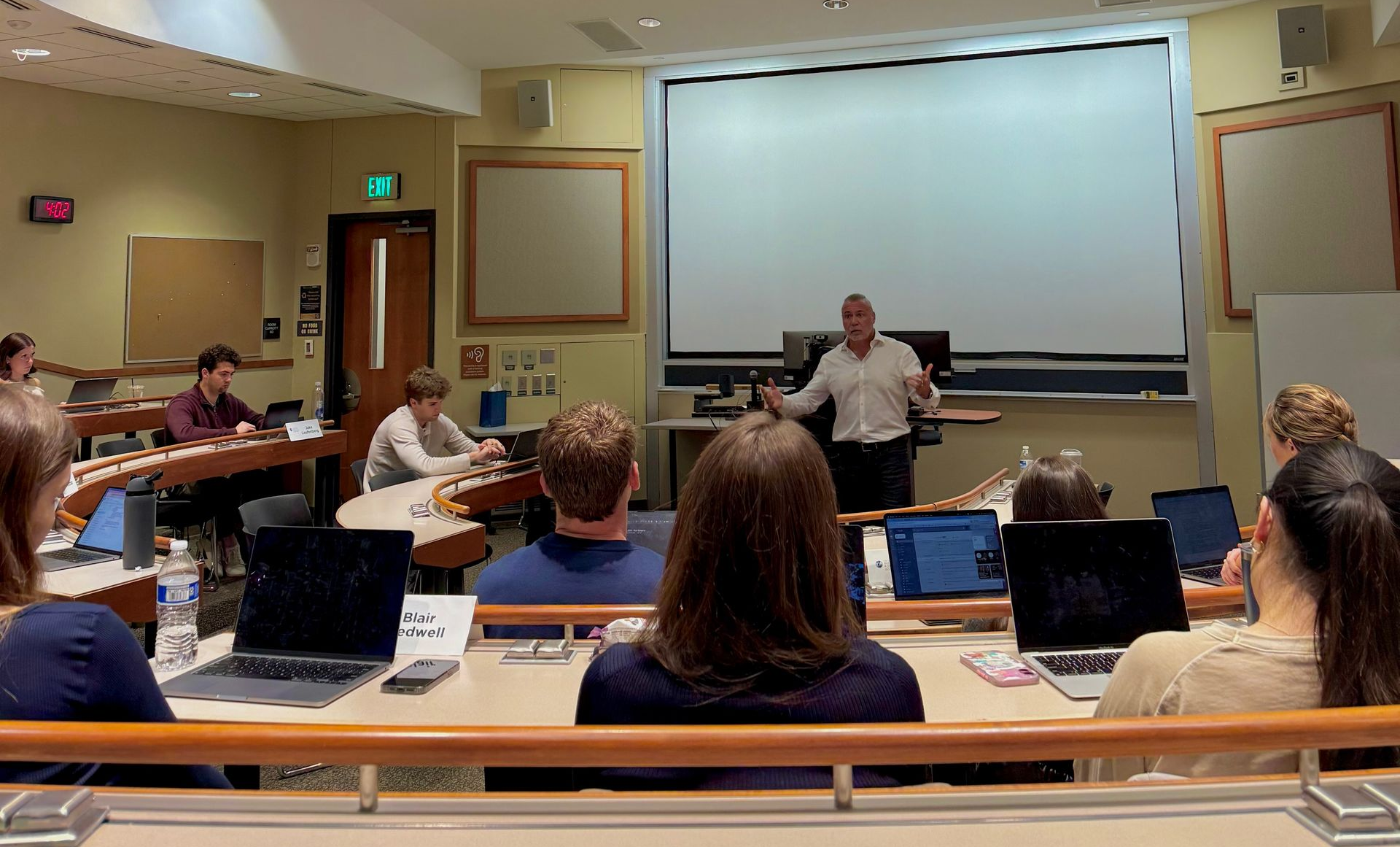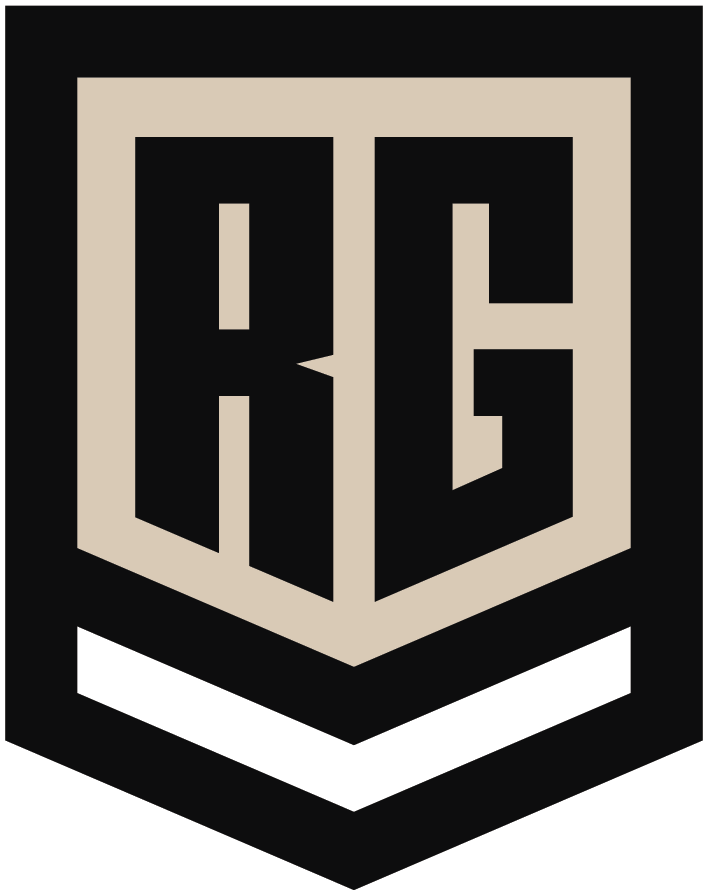The Art of Problem-Solving: A Skill That Defines You
By Rich Galgano
Problem-solving isn’t just a skill—it’s a defining trait. It’s the ability to assess a situation, break it down logically, and find solutions, even when the answers aren’t obvious. Problem-solving requires persistence, resourcefulness, and creativity—qualities that are becoming increasingly rare.
Many people today struggle with critical and logical thinking. They hit a roadblock and stop, unable to answer the fundamental question: How do I solve this issue? This isn’t about blame—it’s about recognizing a gap in our collective skill set and addressing it. In today’s world, the most valuable skill you can offer an employer is the ability to solve problems effectively. When you demonstrate that capability, you can instantly become an asset.
The Problem with Problem-Solving Today
Too often, people stop at the first “no” or roadblock. What’s missing is persistence—the willingness to dig deeper and explore every channel.
Take a common scenario: A customer needs a delivery expedited. The sales rep checks the system and sees the standard delivery date, and that’s the end of it. Problem unsolved. But what if that rep asked better questions:
- Who has the authority to adjust the delivery time?
- What other options might exist?
By calling the warehouse, involving a shipping partner, or negotiating a partial shipment, the problem could be solved. Solutions are there—you just need to persist and ask the right questions.
The Art of Finding Solutions
Effective problem-solving goes beyond following a checklist. It’s about assessing the situation and asking critical questions:
- What is the immediate need, and how can I address it?
- What options have I not explored?
·
- Who has the power or knowledge to help me?
- What creative approaches could I try?
These principles apply across scenarios, whether you’re negotiating delivery times, resolving service issues, or managing scheduling conflicts. The key is to think critically, ask questions, and take action—every time.
Persistence and the "Who"
The best problem-solvers understand that solutions often involve people. It’s not just about knowing what to do—it’s about knowing who can help. Finding the right person, whether it’s a decision-maker, an expert, or a collaborator, is often half the battle.
Once you identify that person, it’s about recruiting their help. Communicate the urgency, explain why the issue matters, and show them how they can make a difference. Problem-solving is as much about building relationships as it is about finding answers.
Exhausting All Efforts
Great problem-solvers don’t stop at the first idea or attempt. They understand that some challenges require persistence and creative thinking. Solving a problem means exhausting all options: trying different approaches, reaching out to others, and thinking outside the box.
This isn’t about being relentless for its own sake—it’s about being thorough. When you approach challenges this way, you can find better solutions, build trust, and demonstrate your value.
Why Problem-Solving Sets You Apart
In any role, the ability to solve problems is one of the most valuable skills you can have. It’s not just about fixing things; it’s about showing you can handle the unexpected, adapt to challenges, and find a way forward.
When you define yourself as someone who thinks critically, acts decisively, and persists until the job is done, you’re more than just a contributor—you’re an asset.
The TakeAway
We’re not going to solve the problem-solving gap with one blog, but we can start by recognizing its importance. Problem-solving is about finding solutions by exhausting every effort and channel, thinking critically, and asking the right questions.
When you master this skill, you’ll not only solve problems—you’ll have the potential to create opportunities. You can become the person people turn to when it matters most, and that’s a trait worth cultivating.
